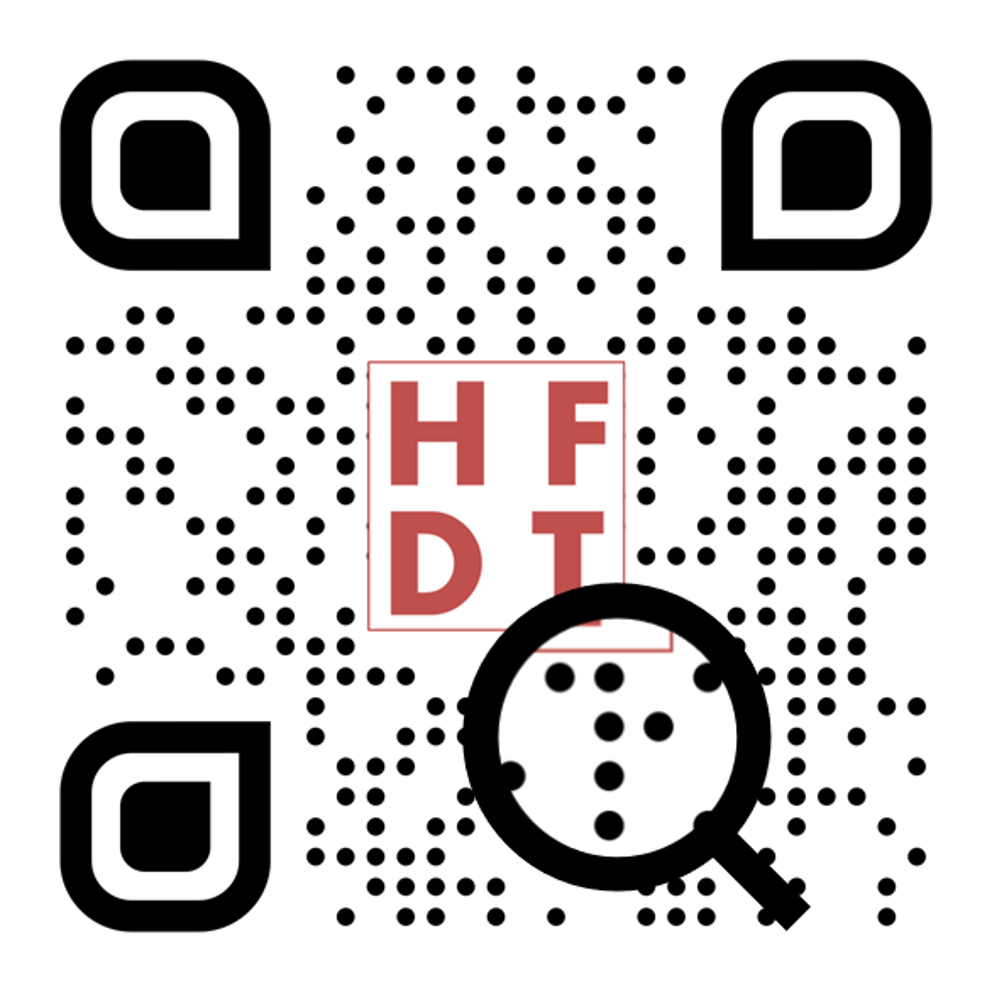Das Forschungsnetzwerk Human Factor in Digital Transformation (HFDT) lädt regelmäßig während des Studienjahres zum HFDT Brown-Bag Forum ein. Dabei handelt es sich um ein offenes Forum als Angebot an alle ForscherInnen an der Universität Graz, um Ideen und wissenschaftliche Problemstellungen im Zusammenhang mit der digitalen Transformation der Gesellschaft zu diskutieren.
WissenschafterInnen in allen Karrierestufen (Studierende, DoktorandInnen, Post-Docs und Habilitierte) sind eingeladen, beim monatlich stattfindenden Brown-Bag Forum mitzudiskutieren und auch eigene Themenvorschläge zur Diskussion einzubringen (via E-Mail an hfdt(at)uni-graz.at)
Das BBF findet hybrid statt. Unter folgendem Link kann man online an der Veranstaltung teilnehmen: unimeet.uni-graz.at/b/wur-6vg-d8o-2xr
Zum Inhalt
The theory of relational coordination proposes that frequent, timely, accurate and problem solving communication foster relationships of mutual respect, shared goals and shared knowledge, and vice versa, and that these dimensions support effective work coordination. With increasing num-bers of employees working remotely, Advanced Communication Technologies (ACT) play a crucial role for fostering communication necessary for relational coordination. Analysing data on user-ACT-interaction from 47 semi-structured interviews, we find that the same material features of an ACT can lead to contrasting affordances or constraints, explaining employees’ varying ability to maintain effective communication. The HR practice of job design influences, which affordances or con-straints users perceive by shaping physical, task and relational characteristics of a job. Specifically, the early introduction of a comprehensive ACT that integrates various features into one technolo-gy, the existence of interdependent tasks that require frequent and ad hoc exchanges, the em-beddedness in larger cross-departmental networks and a team context valuing face-to-face inter-actions together foster the perception of affordances that enable effective communication.
Zu den Vortragenden
Astrid Reichel ist Professorin für Human Resource Management (HRM) und Leiterin der HRM group an der Universität Salzburg. Sie promovierte an der Universität Wien im Fach Sozial- und Wirtschaftswissenschaften und habilitierte an der Wirtschaftsuniversität Wien. Dort war sie auch als Assistenz- und anschließend als assoziierte Professorin tätig. Ihre Forschungsschwerpunkte umfassen kontextuelles HRM, digitales HRM, Professionalisierung von HRM, Gleichstellung, Diversität und Inklusion. Ihre Forschungsergebnisse wurden u. A. in Fachzeitschriften wie Human Resource Management Journal, Human Resource Management, Journal of Management Information Systems, Decision Support Systems veröffentlicht.
Christina Fuchs ist Doktorandin und wissenschaftliche Mitarbeiterin an der Universität Salzburg (Fachbereich BWL, HRM group). Zuvor absolvierte sie ihr Masterstudium in Psychologie und ihr Diplomstudium in Internationale Wirtschaftswissenschaften an der Universität Innsbruck und arbeitete als HR Managerin in Österreich und in den USA. Ihre Forschungsschwerpunkte liegen im Bereich digitales HRM mit Fokus auf Mensch-Technik-Interaktion, mobile Arbeit und digitale Personalauswahl.
